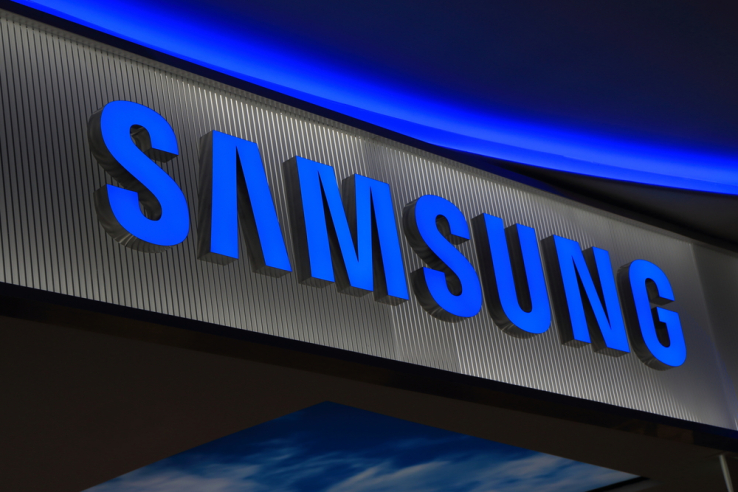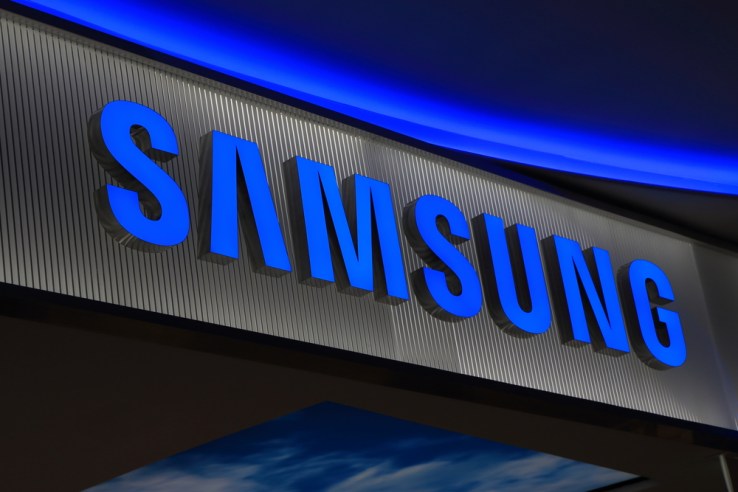

Samsung has said it has terminated the contract of one of the labor supply companies it works with in Malaysia following an investigation after media reports last month alleged serious abuses of working conditions among the contracted workers.
Other labor supply companies Samsung works with remain under investigation, according to its statement today. It does not confirm which company has been terminated as a result of the probe, nor does it detail the specific work violations it identified. We’ve reached out to Samsung with questions and will update this story with any response.
The Guardian detailed multiple rights violations in its report last month, with workers contracted by labor companies for Panasonic as well as Samsung among those alleging mistreatment. Claims included workers saying they had their passports illegally confiscated; that they were being deceived about pay level; that they were being made to pay large agency fees to secure jobs; and the working conditions involved long periods of standing without adequate rest and restricted toilet breaks.
In its statement today, Samsung said:
In the context of a media report on the working conditions of migrant workers in labor supply companies, Samsung Electronics conducted an on-site investigation of these companies we work with in Malaysia and the migrant workers hired by these companies. Based on this investigation, we identified one of our labor supply companies to be in violation of the hiring process of migrant workers, and as consequence, we terminated our contract with this company. The remaining labor supply companies are under investigation.
Samsung says it has introduced a new set of migrant worker guidelines, based on advice from the NGO, Business for Social Responsibility (BSR), which go into effect today, in order to — in its words — “take action to prevent any similar issues.”
“The intent of the guidelines is to eradicate any existing or potential of forced or coercive labor, slave labor or human trafficking of migrant workers either at Samsung or among any of our suppliers,” it writes, adding: “We will be strictly applying and implementing these guidelines across our global operations as well as among our suppliers.”
The guidelines require Samsung and its suppliers to comply with local labor laws, and with Samsung’s own Code of Conduct and its Supplier Code of Conduct in an effort to stamp out any further labor abuses.
In a section focused on human rights, Samsung writes that the “scope of responsibility for a company is expanding from the company itself and its suppliers to the overall value chain.” “This is one of the issues that today’s multinational companies doing business globally face. It requires continuous efforts and must be addressed through cooperation among industry, governments and civil society,” it notes.
Among the future measures set out in the new guidelines, Samsung says it intends to raise employee awareness of human rights via in-depth training with a focus on “case studies for all employees,” and by conducting an analysis of human rights risks and their impact.
It also says it wants to expand its co-operation efforts and partnerships — presumably with organizations such as BSR.
At present it notes that it is operating grievance channels and programs for employees in the supply chain and holding Work Council meetings as part of its efforts to combat rights abuses — with 47 of its supplier work sites listed as operating a Work Council at present.
It says it intends to manage and supervise suppliers via “regular on-site due diligence, monitoring, and training,” noting that “perfect compliance” across its entire supply chain and the various suppliers that feed into that “will require ongoing vigilance.”
Samsung is by no means the only electronics company to be implicated in labor abuses via providers in its supply chain. Earlier this year a report by an industry watchdog claimed to have identified ongoing labor problems at a Chinese company that manufactures iPhones for Apple, for example — just one of many such claims against Cupertino’s supply chain. Although Apple has hit out at criticism it’s not doing enough to oversee compliance across its supply chain, and emphasized how much on-the-ground oversight it has built into its overseas manufacturing operations.
The complexity of supply chains for sophisticated electronics products has also led to another problem for Samsung this year, which was forced to cancel one of its flagship smartphones in October after defective batteries led to a small number of devices catching fire. Samsung was unable to definitively identify the cause of the problem — leading it to issue a series of product recalls, and finally to cancel the device entirely.
Featured Image: TK Kurikawa/Shutterstock

